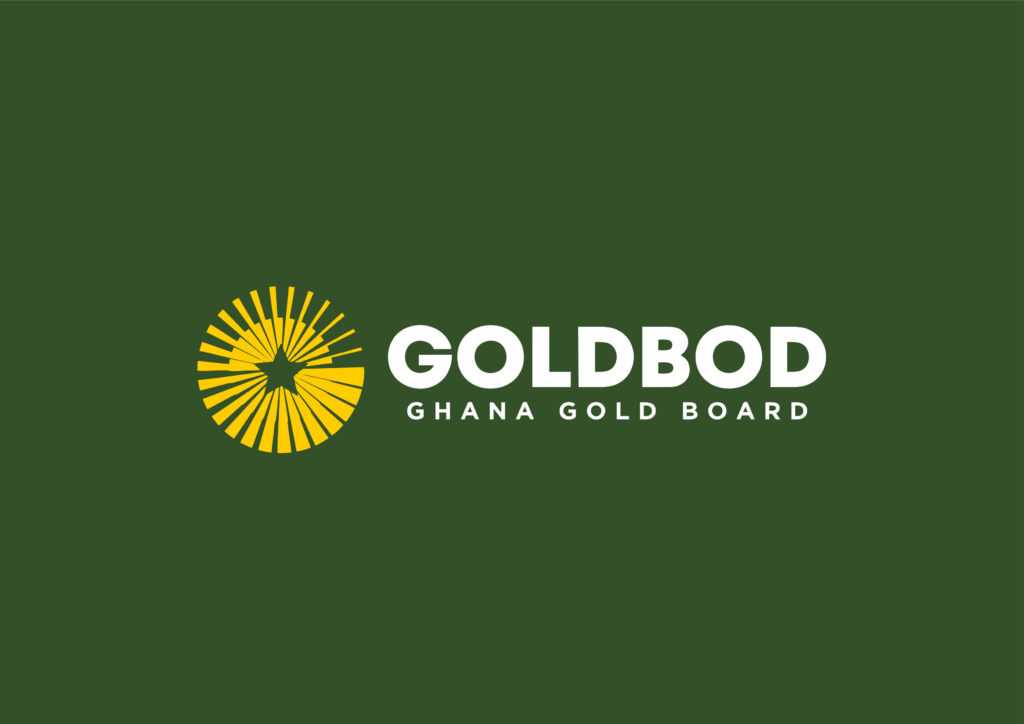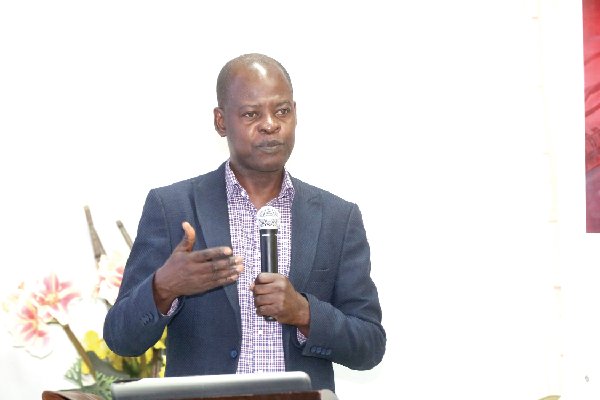Ghana’s thriving gold industry is set to undergo a transformative change with the establishment of the GoldBod, a new entity poised to transform the country’s approach to mineral resource management. Replacing the Precious Minerals Marketing Company (PMMC), the GoldBod will be endowed with enhanced legal powers and a renewed mandate to ensure transparency, fairness, and maximum benefit for the nation.
At the heart of this transition is the pressing issue of the assaying regime, which has long been a point of contention between small-scale and large-scale mining operations. Sammy Gyamfi, Esq., the acting managing director of PMMC, addressed this critical concern in an inclusive briefing to the staff of PMMC and PJL.
According to him, the current system has created a concerning imbalance, where small-scale miners are required to bring their gold bars to PMMC for assaying to determine the purity and, consequently, the value before export, and unlike the what pertains for the small-scale miners, the large-scale mining companies have enjoyed a much more lenient approach, effectively operating with limited oversight.
The acting MD revealed that the large-scale miners often conduct their own assaying and smelting processes, with minimal involvement from the regulatory authorities, emphasizing that they smelt the gold into Dore bars, record the weights and purity, and then export the gold without direct supervision. This lack of transparency has allowed for the possibility of underreporting, which directly impacts the royalties and taxes the country can collect.
This asymmetry in the assaying regime has deprived Ghana of the full economic benefits of its mineral wealth, as the value of the gold exports is determined by the self-reported data from the large-scale miners. If they underreport the weights and purity, the authorities have no means to verify the accuracy of their declarations. This is a significant challenge that must be addressed to ensure Ghana rightfully captures the true value of its gold resources.
The transition to the GoldBod aims to level the playing field and empower the country to take control of its mineral resources. The new entity will be granted the exclusive power to assay and purchase gold from both small-scale and large-scale miners, effectively closing the loophole that has allowed the large-scale companies to operate with minimal oversight.
The GoldBod will require all large-scale mining companies to bring their Dore bars to its facilities for assaying, just as the small-scale miners do. This will ensure a uniform and transparent system, where the authorities can independently verify the weights and purity of the gold before it is exported.
Furthermore, the GoldBod will be empowered to negotiate and purchase a percentage of the large-scale gold production, enabling Ghana to maintain a stronger grip on its precious resources. The authorities will no longer rely solely on the self-reported data from the mining companies, as direct purchasing of a portion of their output will allow better monitoring and control of the flow of gold out of the country.
The transition to the GoldBod is expected to have far-reaching implications for Ghana’s gold industry. Not only will it enhance transparency and fairness in the assaying regime, but it will also enable the country to capture a greater share of the value generated from its mineral wealth.
Mr. Gyamfi expressed confidence in the success of this transition, stating, “The GoldBod will be equipped with state-of-the-art assaying facilities and a highly skilled workforce to ensure the efficient and accurate assessment of all gold, whether from small-scale or large-scale miners.”
As the PMMC staff navigate this transformative period, they are cautiously optimistic about the opportunities that the GoldBod will bring. “This is a significant step forward for Ghana’s gold sector. We are excited to be part of an organization that will help maximize the country’s benefits from its natural resources, one employee remarked after the durbar.
The transition to the GoldBod marks a pivotal moment in Ghana’s quest to optimize the value of its gold industry. By addressing the longstanding imbalances in the assaying regime, the country is poised to unlock new avenues for economic growth and development, ultimately strengthening its position as a global leader in the gold trade.




